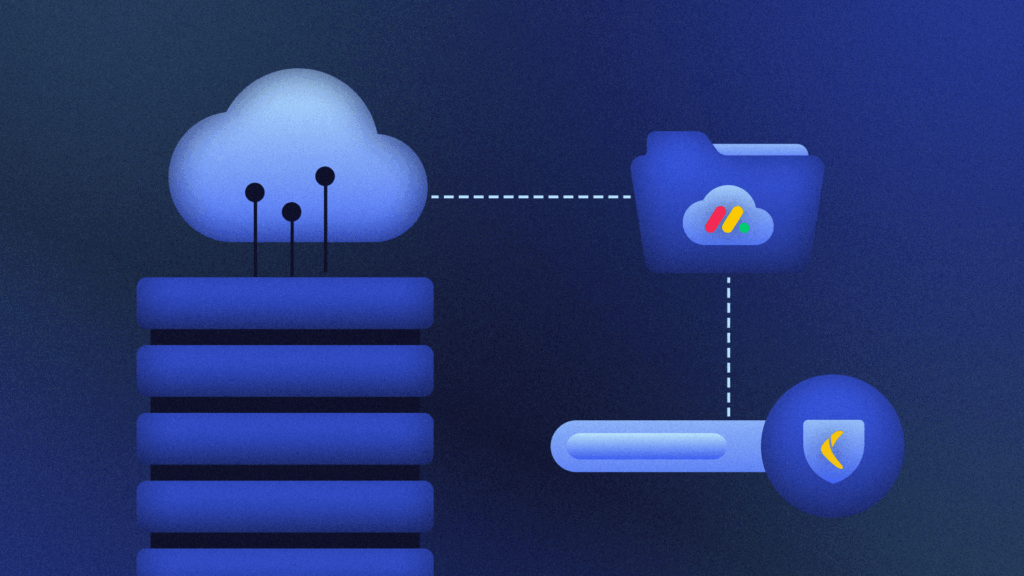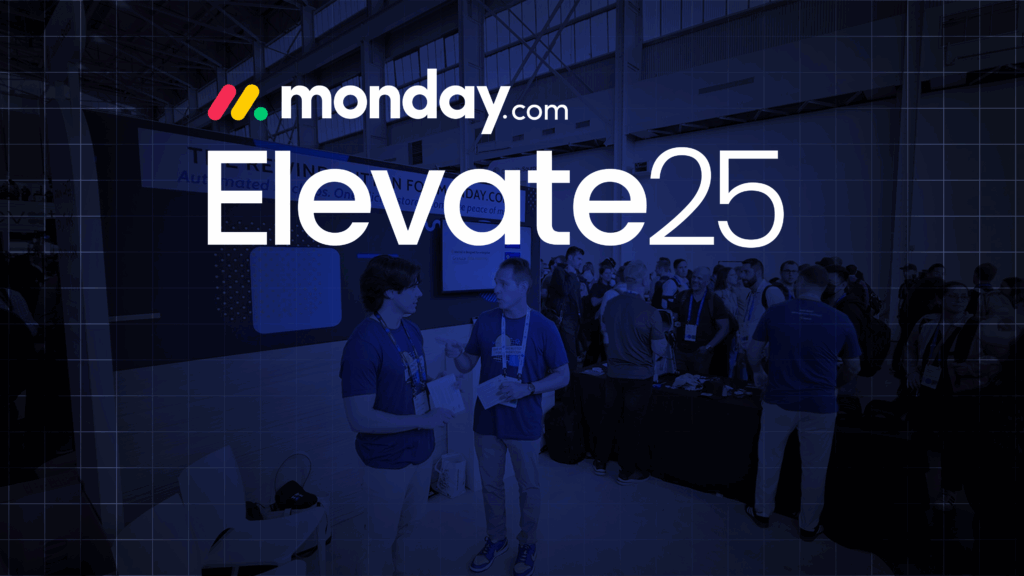I love a good board game—I play them often with my friends and kids. An added bonus is that they help you work on a lot of soft skills like adaptability, teamwork and communication.
Here’s something I recently realized: playing board games actually has a lot in common with how a business should approach disaster recovery planning. It’s all broken down into four common themes:
3) Scenario analysis & objective focus
4) Contingency planning & adaptability
Let’s dive into what board games can teach you about planning for data disasters…
Resource management
In a board game, smart resource management can lead you to victory. The same can be said for data recovery, where you need to correctly handle your resources so you can respond effectively. Take a game like Catan for example: you might need to gather wood or bricks to establish your settlement, right? But when it comes to data recovery, your life will be so much easier if you’ve got the right manpower, equipment and funds in place to respond to a crisis.
The key to a winning strategy is ensuring your plan includes clearly delineated roles and expectations, assigning these roles to designated individuals within your organization who understand their duties, and providing them with the necessary systems to fulfill these responsibilities.
Board games, especially those with time constraints, also train players to make decisions under pressure. Quick, decisive actions are key to saving your business in the event of a threat.
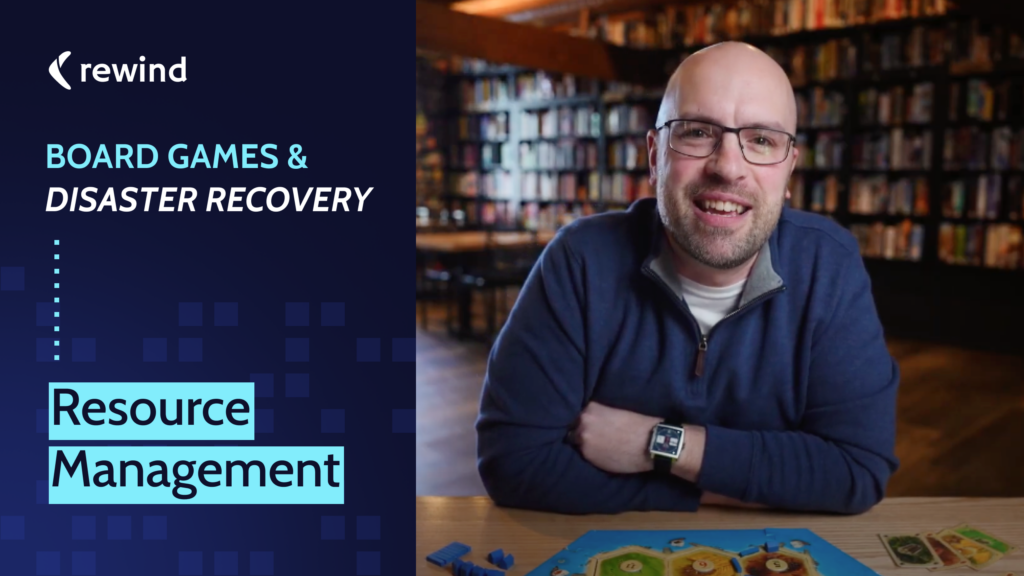
Risk assessment
Part of being a strategic board game player is knowing all the potential moves you can make and weighing the pros and cons of each. The same goes for data recovery: before choosing a course of action, you need to assess the risks of each and identify potential threats.
When you’re doing a data risk assessment for your business, there are a few things to keep in mind:
- Firstly, you want to make sure you involve every type of stakeholder in your risk assessment and have them sign off on the documentation. That way you’re covering all your bases.
- You’ll want to categorize your data. You could do it based on sensitivity, volume, platform or some other metric. As long as you can plan the impacts a disaster would have on each set.
- You need to understand the cost of downtime, so you can implement the proper failsafes to mitigate the risk of your business losing money.
When it comes to backups and recovery for your SaaS data, having a plan is crucial – but sometimes things don’t go as expected and you need to be quick on your feet. That’s a skill I think we can always be working on, but a fun way to practice is by playing games like chess, where you need to understand the current state of the game, anticipate potential future moves and outcomes, and recognize the opportunities and threats present on the board. On top of that, time is of the essence in a game like chess.
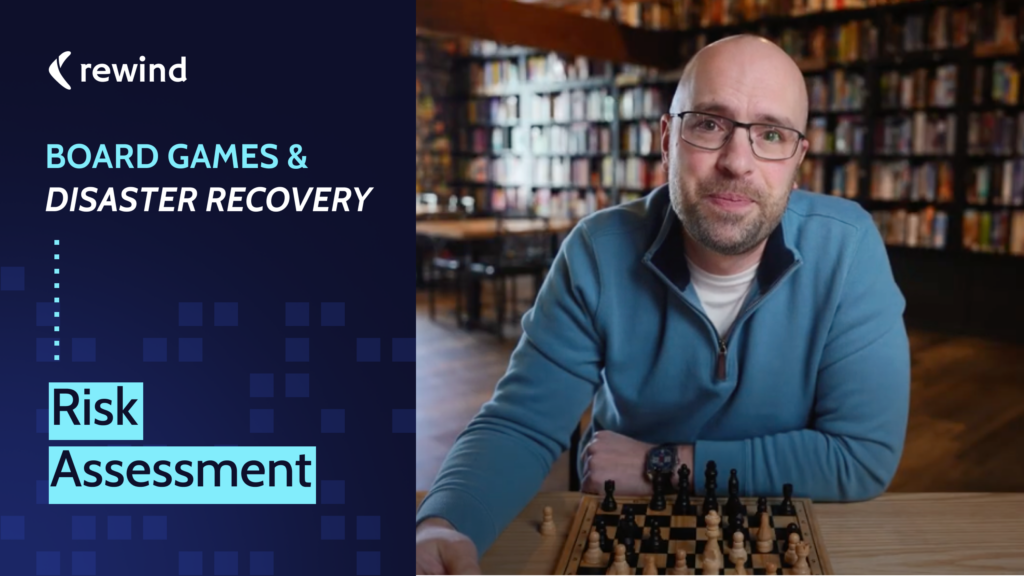
Scenario analysis & objective focus
In the game of Life, there are countless paths we can take—and the same goes for data disasters.
There are a ton of different disaster scenarios that can wipe out your data, from the smallest mistake to a major natural disaster. One of those is less likely than the other, but you still need to analyze all of them if you want to understand potential impacts and plan how you’ll respond.
Some of the most common scenarios that lead to data loss include human error, incompatible third-party software, corrupted CSV files, and power outages or hardware malfunctions. There are many more, of course, but these are the ones I’d start with if I had to do an analysis.
At Rewind, we like to put together “tabletop tests” twice a year. This way we’re always on top of our plans. It’s kind of like playing our own game of Dungeons & Dragons. We’ll walk through what we’d do if certain events occurred, talk through everyone’s roles, and more.
These meetings are key to maintaining focus on our objective too. For us, that means protecting our assets, minimizing risks and ensuring that we can recover data quickly if disaster strikes. But when you’re playing a board game, you’re probably focused on winning—I know I usually am.
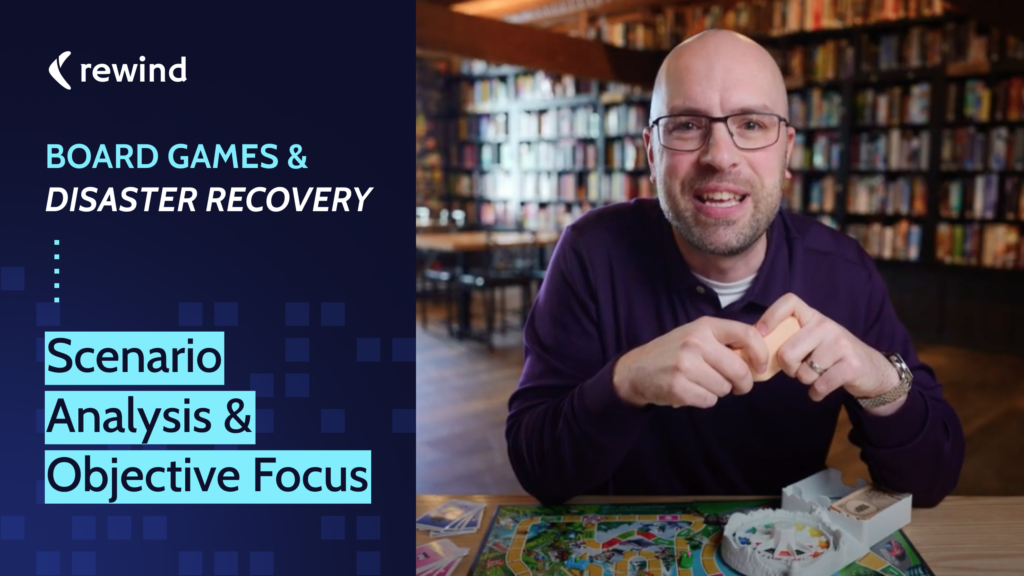
Contingency planning & adaptability
On top of planning for different data recovery scenarios, it’s important to have a contingency plan in place. Unforeseen events and complications often arise when you’re dealing with data. That’s why you need to be ready for anything and review your plan often to make sure it’s as up-to-date as possible.
Think of these plans like an insurance policy. The odds of your house burning down are pretty slim, but you want to be prepared if it does. An investment of a few hours will be well worth it when you don’t have to stress over a disaster. Don’t forget about updating things like contact information for key stakeholders and service providers.
With a robust contingency plan in your back pocket, you’ll be mitigating risks and ensuring that you can get back to business as usual, as quickly as possible.
But while your plan is important, that doesn’t mean you need to be married to it! A good board game player must adapt and react to the moves their opponent makes. Your plan also needs to have enough wiggle room so that you can handle unexpected events or changes in the environment.
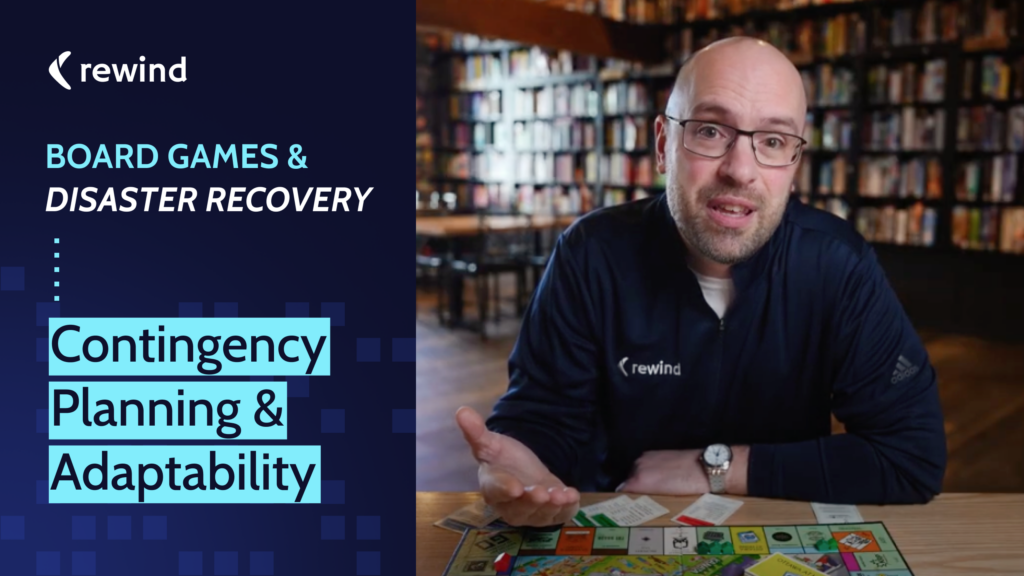
Ready to learn more? Our team is always ready and willing to chat!
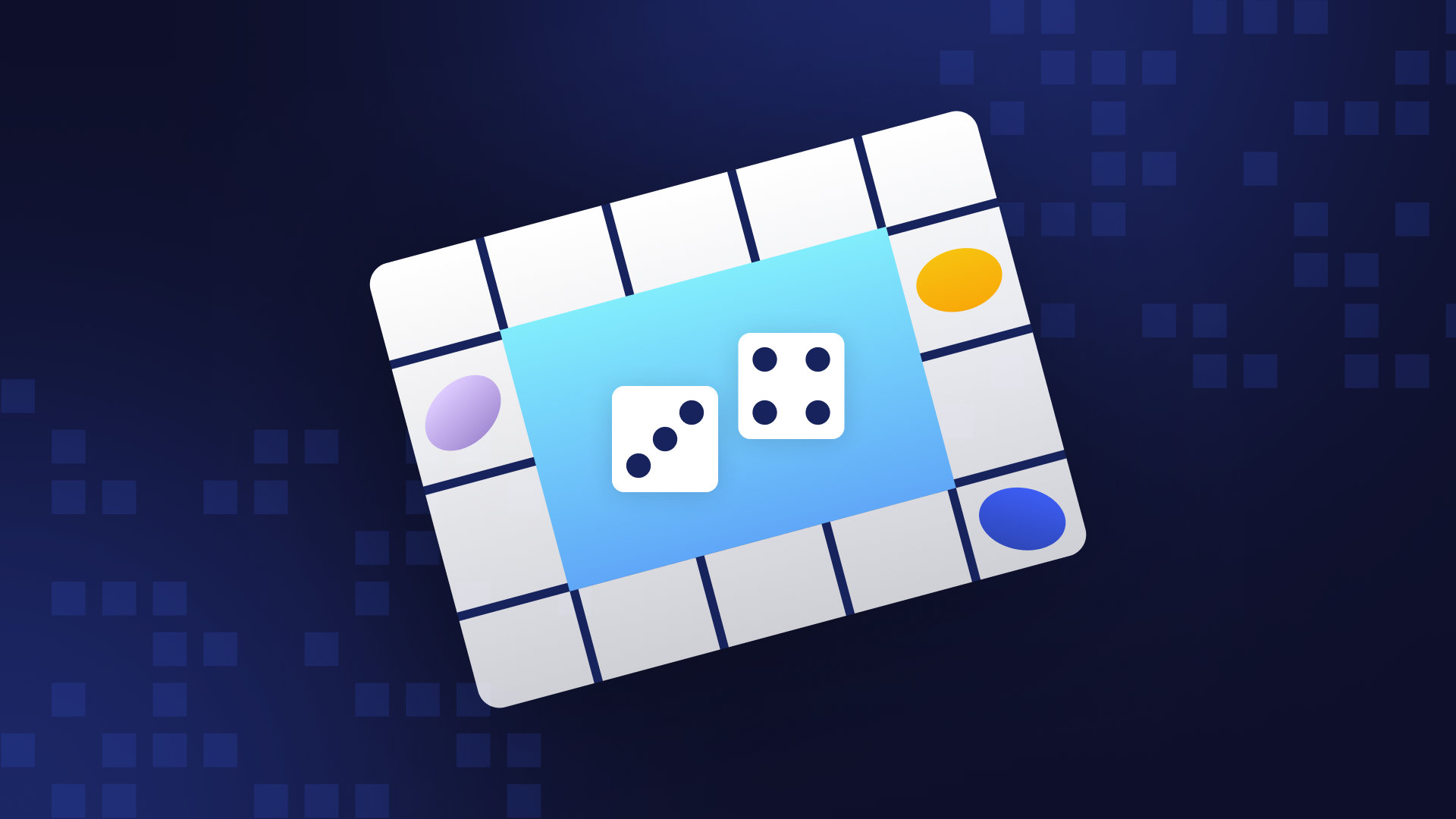
 James Ciesielski">
James Ciesielski">
